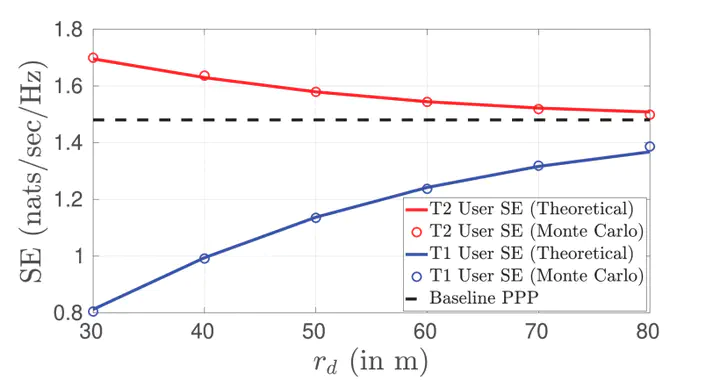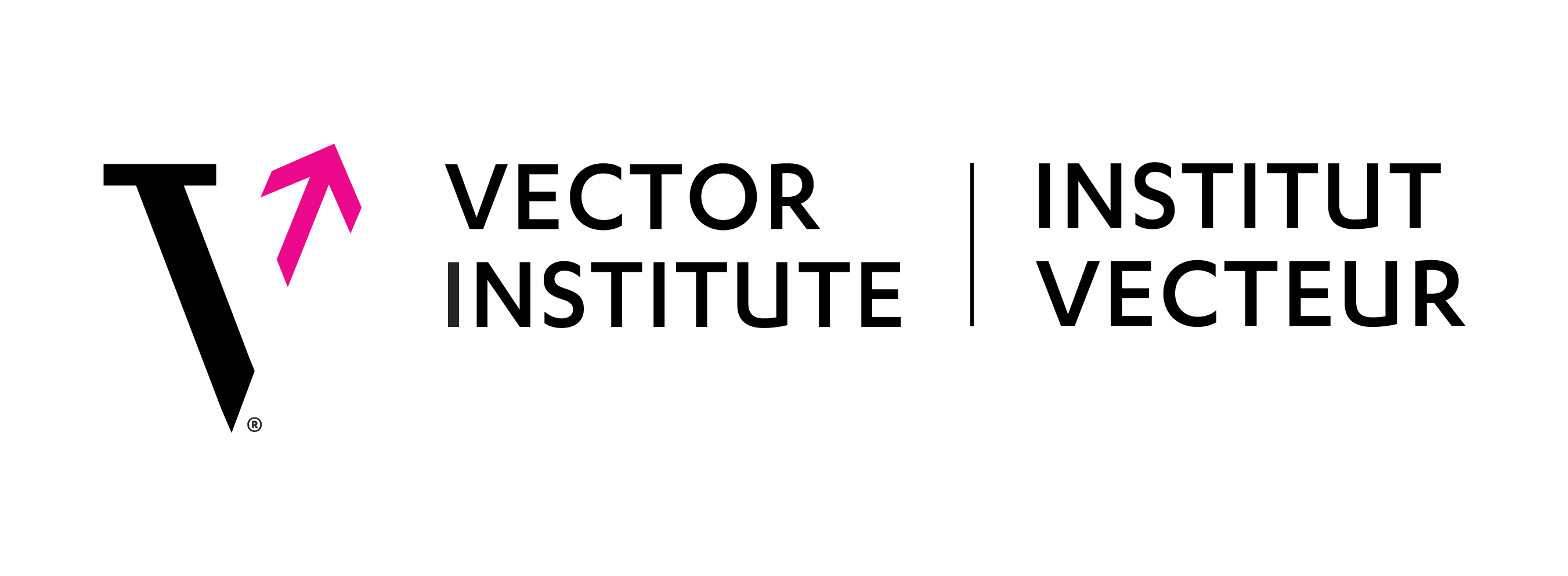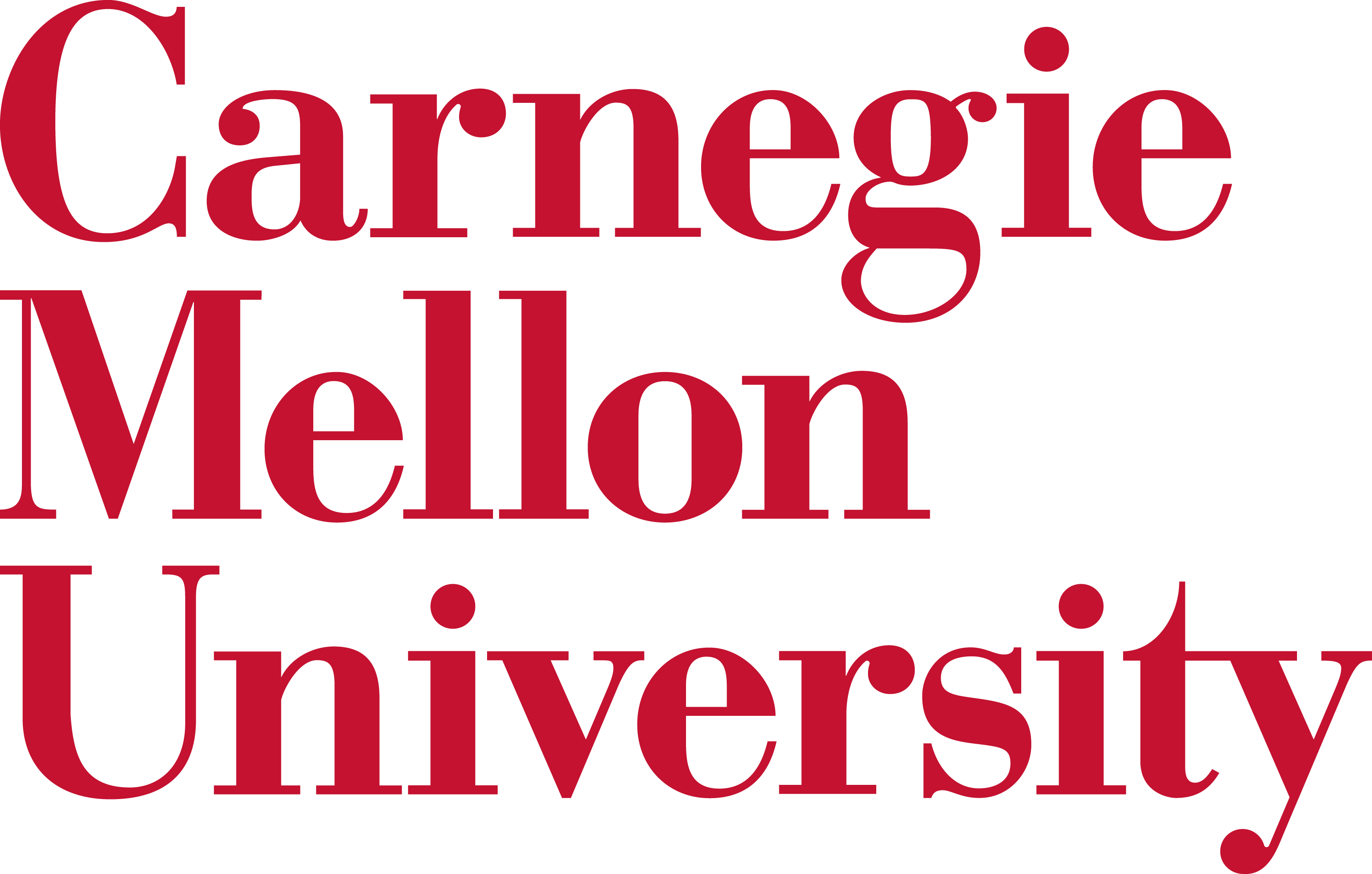|
Sandeep Routray I am a Research Engineer at Skild AI, working on building a general-purpose robotics foundation model. Previously, I completed my Master's in Machine Learning at Carnegie Mellon University, where I worked with Prof. Deepak Pathak on scaling robot learning using internet-scale videos without action labels. Before that, I was at Samsung Research, Seoul, where I developed Map View, a framework to extract vectorized home layouts from in-the-wild floorplan images - our solution was showcased at CES 2024. I also spent time as a research fellow at the Vector Institute for AI, working with Prof. Sanja Fidler on object-centric self-supervised learning by leveraging inter-image relationships. I graduated from Indian Institute of Technology Kanpur with a major in Electrical Engineering and a minor in Machine Learning. During my undergraduate studies, I worked on projects in natural language processing, optimization algorithms, stochastic modeling, and wireless networks. |

|
Affiliations |
ResearchI am broadly interested in building general-purpose embodied agents that can operate in unstructured real-world environments. I work on the following core themes:
|
Publications |

|
ViPRA: Video Prediction for Robot Actions
Sandeep Routray, Hengkai Pan, Unnat Jain, Shikhar Bahl, Deepak Pathak ICLR 2026 NeurIPS 2025 Workshop on Embodied World Models for Decision Making (Best Paper Award) NeurIPS 2025 Workshop on SPACE in Vision, Language, and Embodied AI webpage / paper Developed a simple pretraining-finetuning framework to learn generalist robot policies from large-scale human and robot videos without action labels. It extracts motion-centric latent action sequences, pretrains a video-language model to jointly predict future visual observations and latent action chunks, and finetunes a flow matching decoder to map these latents to smooth, continuous action chunks for high-frequency, reactive control. Our method outperforms strong baselines, with a 16% gain on the SIMPLER benchmark and a 13% improvement across real world manipulation tasks. |

|
CS-NET at SemEval-2020 Task 4: Siamese BERT for ComVE
Soumya Ranjan Dash*, Prateek Varshney*, Sandeep Routray*, Ashutosh Modi COLING 2020 Workshop on Semantic Evaluation webpage / paper Developed a system for SemEval 2020 Task 4 on commonsense validation and explanation using pretrained language models. Our approach leverages parallel model instances to jointly reason over sentence pairs and identify contradiction cues. It achieved 94.8% accuracy on subtask A (classification) and 89% on subtask B (explanation selection), ranking among the top-performing submissions. |

|
Spectral Efficiency in Poisson Cluster Based HetNets with Users-Basestations Correlation
Nitish Deshpande*, Sandeep Routray*, Abhishek Gupta ANTS 2020 webpage / paper Analyzed spectral efficiency (SE) in a K-tier heterogeneous cellular network modeled using Poisson point processes (PPP) and Poisson cluster processes (PCP). We derived Laplace transforms of received power and interference, enabling tractable SE expressions and insights into the impact of user clustering on network performance. |
Projects |

|
Self-Supervised Dense Representation Learning With Inter-Image Information
Julia Chae*, Sandeep Routray*, Amlan Kar, Sanja Fidler Vector Institute report Proposed a slot-based inter-image contrastive learning framework for dense self-supervised representation learning. The method extends dense clustering objectives with prototype-driven context vectors to mine semantically meaningful inter-image positives and negatives. Demonstrated improved unsupervised segmentation performance on COCO and PASCAL, highlighting the value of inter-image supervision for part-aware, generalizable representations. |
|
Borrowed from Jon Barron website's source code. Do not scrape the HTML from this page itself, as it includes analytics tags that you do not want on your own website — use the github code instead. Also, consider using Leonid Keselman's Jekyll fork of this page. |



